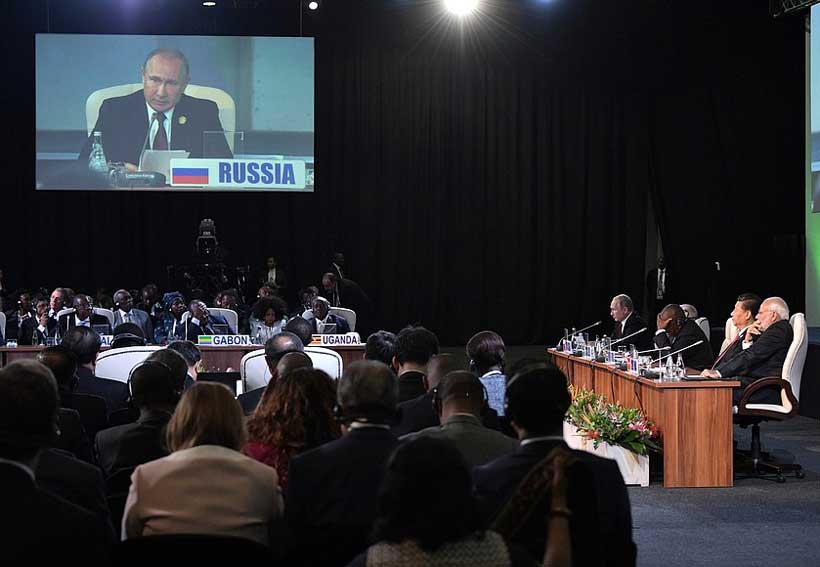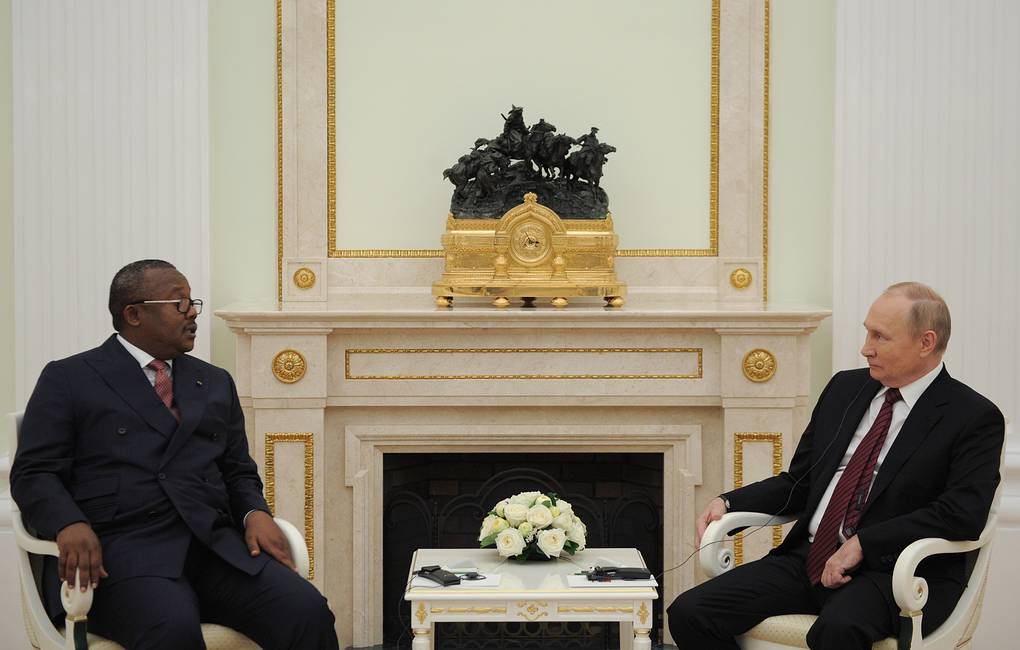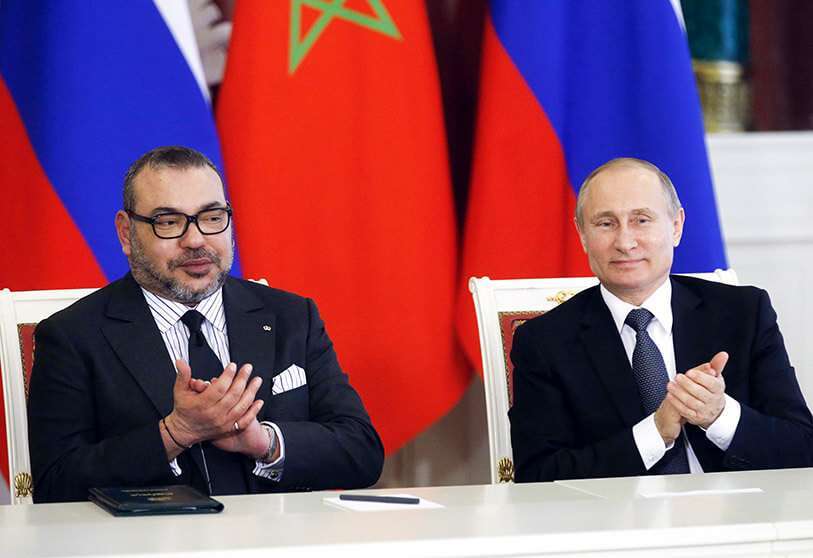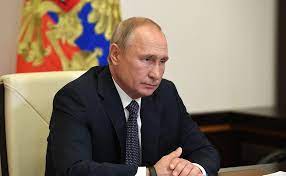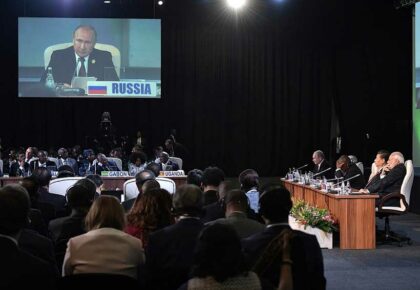 Russian President Vladimir Putin Wednesday launched the first ever Russia-Africa summit and pledged influence-free relations with the continent that struggles to get rid of American, European and Chinese interferences.
Russian President Vladimir Putin Wednesday launched the first ever Russia-Africa summit and pledged influence-free relations with the continent that struggles to get rid of American, European and Chinese interferences.
Some 43 African heads of state and government, including Morocco’s Saad Eddine El Othmani, have flocked to Sochi for the two-day Russia-Africa summit this October 23-24.
The conference marking the official grand return of Russia on the continent will discuss bilateral cooperation ranging from agriculture, security, nuclear energy and mineral extraction.
Russia’s influence on the African continent dwindled with the fall of the Soviet Union in 1991. The vacuum left was quickly filled by China, while Europe and the US further increased their influence cross the continent through trade, military presence and soft diplomacy.
Yet, Putin showed little interest in Africa in the 2000s. However, western sanctions imposed in 2014 over the annexation of Crimea have driven Moscow to seek new geopolitical friends and business opportunities.
The Russian leader said, in an interview published Monday, that Moscow aims together with African leaders “to uphold common economic interests and protect them from unilateral sanctions, including by reducing the share of the dollar and switching to other currencies in mutual settlements.”
Opening the summit, alongside with Egyptian President Fattah al-Sisi who also doubles as Chair of the African Union, the Russian leader insisted that Russia wants to place its collaboration with Africa under the banner of unconditional aid, with reference to the many conditions set by the Western powers in granting aid to the continent.
He indicated that his country hopes to increase by two folds trade exchange with Africa.
“We currently export to Africa $25 billion ($22.5 billion) worth of food — which is more than we export in arms, at $15 billion.
In the next four to five years I think we should be able to double this trade, at least,” he said.
According to data released on the sidelines of the St Petersburg International Economic Forum (SPIEF) held last June, “in 2018, trade between the Russian Federation and Africa increased from $17.4 billion to $20.4 billion, domestic exports grew by 18.1%, and imports to Russia from the continent grew by 11.1%.”
Egypt, Algeria, Morocco, Nigeria, and Tunisia accounted for the lion’s share of Russian exports in 2018, while South Africa, Morocco, Egypt, Côte d’Ivoire, and Tunisia dominated imports.
Chief Executive of the Russian Export Insurance Company EXIAR, Nikita Gusakov, had told the St. Petersburg International Economic Forum that support of Russian export to African countries amounted to $0.5 bln in 2018 and could grow twofold to reach $1 bln in 2019.
The main sectors of Africa-Russia cooperation include railways, pipeline infrastructure, everything linked to food security and fertilizer suppliers.
Russia is interested in new markets and international alliances more than ever before, while Africa has solidified its position as one of the centres of global economic growth in recent years.
In this context, the two sides need to rethink the approaches, mechanisms, and tools to use for cooperation in order to take their relations to the next level as their significance grows in the new conditions of world politics and economics.
What steps are needed to give a new impetus to bilateral economic relations? What are the key initiatives and competencies that can create a deeper strategic partnership between Russia and African states? are among the key questions on the agenda of the Russia-Africa Summit.
The Russia-Africa Summit will take place every three years while foreign ministers of the two sides will be gathering every year.
